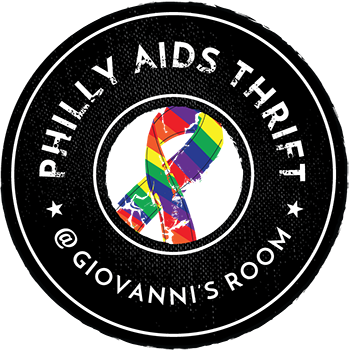Babylon boasts all the hallmarks of suburbia: strip malls, single-family homes, and almost no sidewalks in sight. Andrés hates it. He grew up as one of the few low-income and non-white students in his Catholic high school, sneaking around with his classmate, Jeremy, to make out secretly in basements and the backseats of cars. Now, he’s a professor of public health, and openly (but not happily) married to his husband, Marco. Andrés returns to his hometown to care for his ailing father, but he resents this place where his leftist values are in the minority, and where his brother’s early death dredges up a quiet guilt about his own upward mobility. On a whim, Andrés decides to swing by his high school reunion, catalyzing a reckoning with his hometown.
The Town of Babylon plots Andrés’ family and classmates like data points: mapping their migrations into the town, the racial hierarchies that organized which families were segregated to which neighborhoods, or who held the jobs and who worked them. We follow Varela through the histories of Andrés’ immigrant parents (Álvaro and Rosario), his brother, his first love, his former best friend, and his homophobic classmate. At his high school reunion, Andrés can’t take off the glasses of his public health professorship: he throws around speculative statistics about how many people have diabetes, how many people’s parents are cops, and how many of his classmates are named “Lisa” or “Nicole.”
The scientific lens that Andrés brings to this homecoming tale offers rich ground for exploring questions of agency and social mobility–questions as pressing for a teenage Andrés as a present day one. Why did Álvaro and Rosario have to work so hard? Why was Paul so homophobic in high school? Why did Andrés go to college, and Henry didn’t? Toggling between the past and the present, Andrés struggles against statistics. He understands how our circumstances determine our lives, but he also wants things to be different. The public health perspective holds the power of narrative: to tell a story that might inflate or disappear a person’s agency over their own life. The Town of Babylon unfolds so beautifully because Varela is hyper-aware of this power, and his primary concern is with wielding it fairly.
So while Andrés can eloquently explain the social forces that caused his father’s ill health, his best friend’s seclusion in a psychiatric facility, or Henry’s death, he struggles with his inability to change these circumstances for the people he loves. To look at injustice and grapple with the question–what can, or what should, any one person do?–is an enormous task, and I’m not sure the novel succeeds in excavating the depths of where this question could lead. We end up lost in the many threads of backstory. The book is most interesting, I think, when Andrés’ optimism is checked by the realities he’s encountering, or when his politics are contradicted by his own desires. Speaking of desire, there’s also a gorgeous story of lost love embedded within Andrés’ homecoming. Jeremy disarms Andrés in a way that transforms his resolve to never look back at where he came from. Andrés has something to offer Babylon, and perhaps Babylon has something to offer him.
Varela’s compassion for his characters brings us sensitive portraits of queerness emerging in the cracks of American suburbia (metaphorically speaking–in Babylon there are still no sidewalks). Varela’s attention to the everyday negotiations of power and resistance are what make his book so fascinating to read. Babylon joins the ranks of books like Memorial by Bryan Washington, All The Water I’ve Seen Is Running by Elias Rodriques, or Little Fish by Casey Plett in tackling the generative messiness that arises when queer people return to their places and families of origin. If you want to read more of Alejandro Varela’s work, you’re in luck: his short story collection, The People Who Report More Stress, is out now. –Leo
